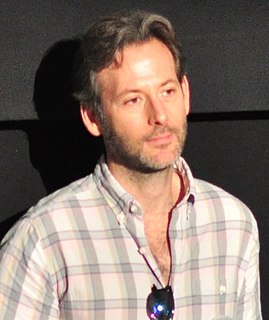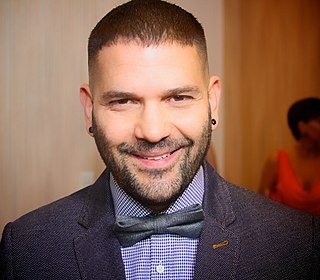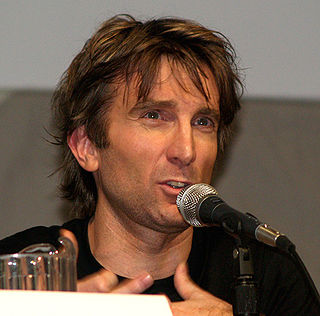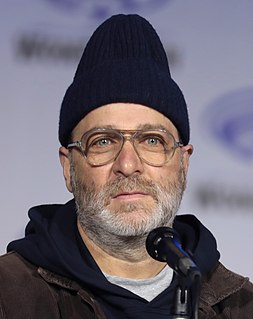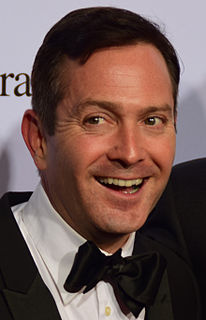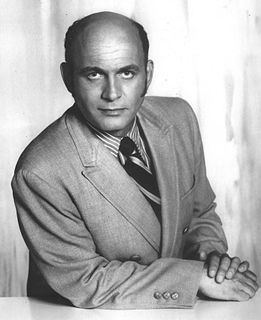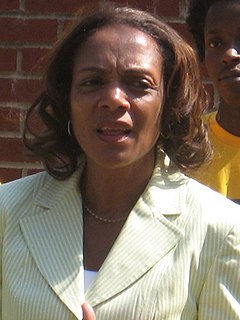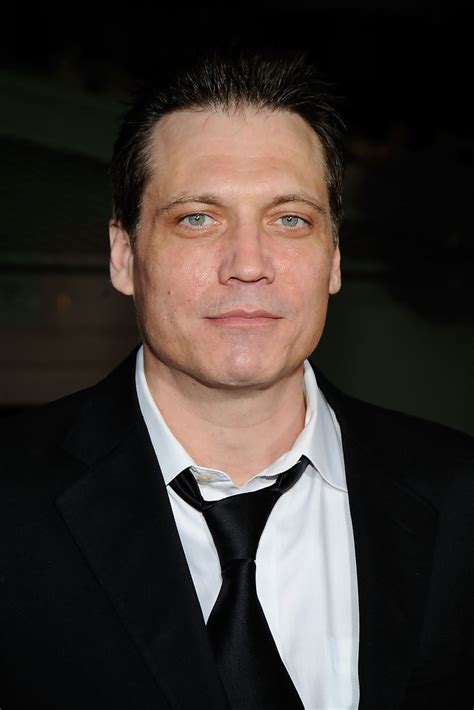A Quote by Jeff Baena
I know, when I was in film school, some of my films were silly, but a lot of them were more dramatic. I don't think I intentionally set out to do comedy stuff. I guess that's a consequence of coming up working with David O. Russell and skewing toward those sensibilities.
Related Quotes
I love comedy. I suppose comedy is my first love, in a way. I did a lot of acting, funnily enough, unprofessionally, as a kid. From when I was 10 years old until I was about 19, I was always doing little sketches with my friends, and doing different accents and voices. Probably about 3/4 of those were comedic, in some way, and the other 1/4 was more serious stuff or more action or more dramatic little pieces that I would make. But, I tend to lean towards comedy.
Voice actors I used to know who were starting out in comedy were guys who did a lot of voices. They were usually comedy actors who developed their comedy by doing tons of impressions and voices that were usually very funny. And I never did any of that, so that's, I guess, why I don't consider myself a voice actor.
My filmmaking education consisted of finding out what filmmakers I liked were watching, then seeing those films. I learned the technical stuff from books and magazines, and with the new technology you can watch entire movies accompanied by audio commentary from the director. You can learn more from John Sturges' audio track on the 'Bad Day at Black Rock' laserdisc than you can in 20 years of film school. Film school is a complete con, because the information is there if you want it.
I think people were not expecting us [with Robert Ben Garant] to, they were just like, "Well here come the writers," but we both were coming out of a sketch comedy background, so when we pitch a movie, we play every character in the film. You act it out, you perform it - you do a 10-minute performance of the movie.
Once we were on the set, we each did different kinds of work. I was doing more the technical stuff, the framing and the camera work, and she was working more with the actors. Marjane [Satrapi] and I don't stop speaking once we're on the set. We continue to talk. We define what our roles are going to be on set, because to have a snake with two heads is silly.
We thought that the odds of things working OK were up in the upper 90 percent or we wouldn't have gone. But the - there were some problems cropped up on the flight but was able to take care of those OK and - although they were things that we hadn't really trained that much for. But it was the time of the Cold War and so there were was a lot of pressure on the - to get going and the Russians were claiming that they were - Soviets were claiming they were ahead of us in technology.
But, sooner or later I'd love to do a comedy. I mean I think that, you know, people don't think that that's in my wheelhouse because I've sort of played a lot of dramatic stuff and that's certainly a side of myself that I want at some point in the right context, in the right stuff, that I find really funny.
My biggest difference with our film and those kinds of science fiction films is that they are going from one special effect set piece to the next, what we were doing was more of a character study. And I think that is the freedom that you get by doing an Indie film. You can only really do that with a lower budget. So I understand where the conflict is between those two priorities.
The films that I loved growing up were the science fiction films from the late seventies and early eighties [films], which were more about the people and how they are affected by the environments that they are in. Whether they are sort of futuristic or alien of whatever they are; that was the science fiction that I loved. So that is what we tried to make, the sort of film that felt like those old films.
New York has one of the largest school systems in the country, but it's one of the best school systems in the country. I worked on an initiative called Family Strengthening. What it meant was we began to work with families, people coming out who were incarcerated, connecting them back to the family. Kids today, some of them need psychological help, not just providing for them. We have issues - we have to break cycles. We need to be accountable and we need to assess what's working and what's not working.
